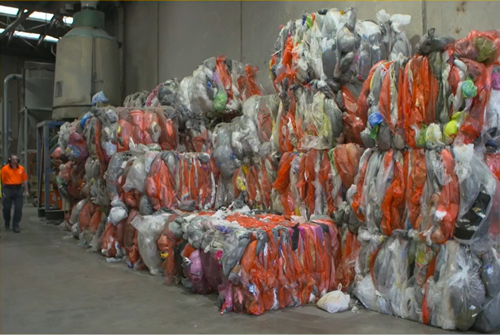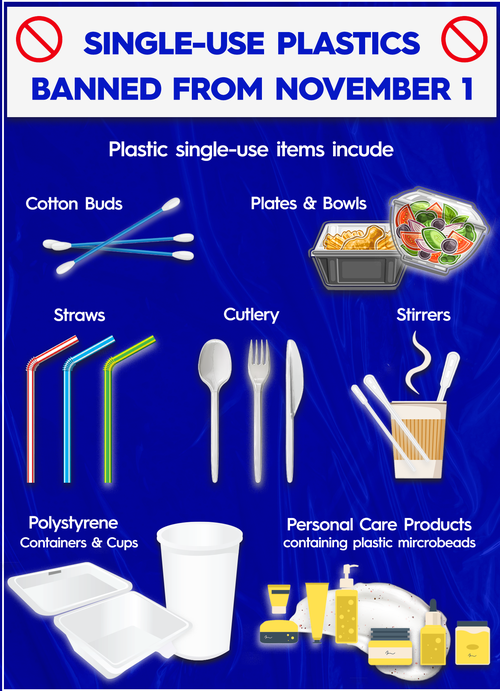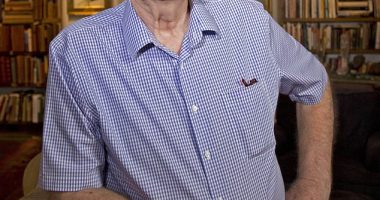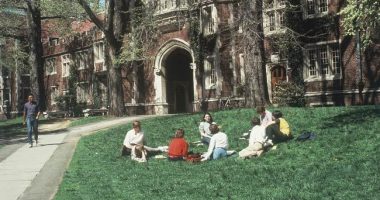The bags then go into the household recycling bin for regular kerbside collection, and afterwards the bag will be sent to manufacturers for processing.

But what does this processing look like?
The manufacturing process breaks down soft plastics into new products like oil which can then be refined into new plastic products.
“Soft plastics are only recyclable if they’re presented in one of the specially designed bags we mail to households as part of this trial,” Central Adelaide Waste and Recycling Authority CEO John Niarchos said.
“We are deliberately testing slightly different approaches in each of the three councils.”
The Curby soft plastic recycling program has already been introduced in five councils in NSW – Central Coast, Willoughby, Mosman, City of Newcastle and Tamworth.

It comes just a month after Redcycle, which operated bins in Woolworths and Coles stores, “temporarily paused” operations due to an unmanageable volume of soft plastic recycling.
So far, the supermarket giants haven’t introduced a replacement program.
But South Australia’s Central Adelaide Waste and Recycling Authority has decided to take soft plastic recycling into its own hands.
Cities of Adelaide and Port Adelaide Enfield will be given yellow bags while the City of Charles Sturt will use an orange translucent bag.
Read Related Also: Pelosi: China criticized her trip to Taiwan because …. sexism
“It is very important that only soft plastics go in the coloured bags to be recycled,” Niarchos said.
“If you put soft plastics in the bin loose, we can’t recycle it.”
For residents not in one of the three trial councils, their soft plastics will still have to go in their waste bags.
Single-use shopping bags have been banned all across Australia while many other single-use plastics are being phased out nationwide.

But despite efforts to recycle soft plastics and phase out their use altogether, Australia’s consumption remains shockingly high.
This is several kilograms ahead of the next offender – the US – and almost four times the global average.
According to the National Plastics Plan released by the Australian government just last year, Australians get through 70 billion pieces of soft, “scrunchable” plastics such as plastic bags and food wrappers annually.
That equates to roughly 2700 soft plastic items per person.

What sea level rise will look like around the globe







